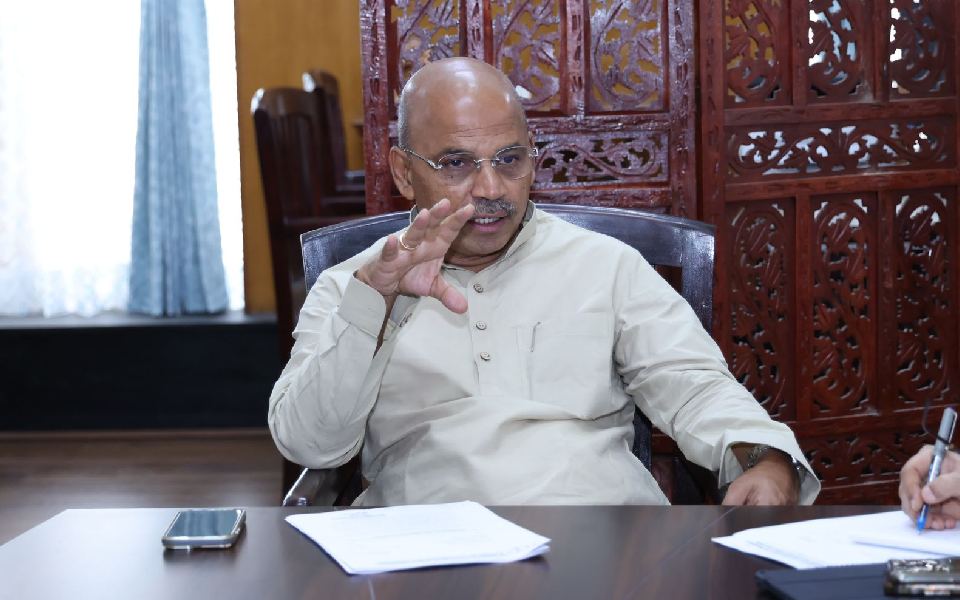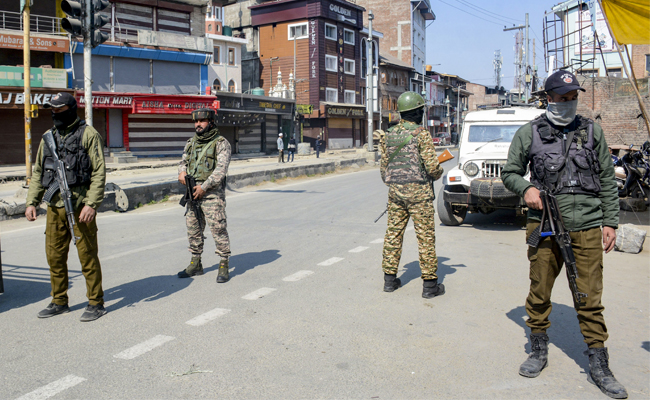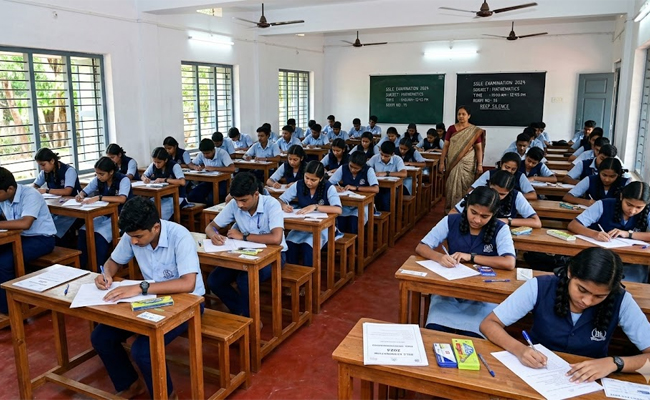Bengaluru, Sep 2: Karnataka Medical Education Minister Sharan Prakash Patil on Monday ordered the formation of a fee regulatory committee to monitor and regulate the fee structures of nursing colleges across the state amid complaints about exorbitant fees allegedly being charged by them.
During a review meeting of nursing institutions here, Patil disclosed that his office had received numerous complaints regarding the excessive fees charged by nursing colleges, which have placed a heavy financial burden on students.
The newly constituted five-member fee regulatory committee, headed by the Joint Secretary of the Medical Education Department, will be tasked with scrutinising the fee structures, he said.
“Withdraw the Essential Certificate and Feasibility Certificate (EC&FC) of any nursing college found imposing fees beyond the government-prescribed limits,” Patil instructed department officials.
According to him, Currently, the fee structure stands at Rs 10,000 per year for students admitted under the government quota, Rs one lakh under the management quota, and Rs 1.40 lakh for non-Karnataka students.
There are 35,000 seats available across 611 nursing colleges in the state.
Patil recently rejected a request from nursing college managements to increase the fee structure by 20 per cent.
The committee’s oversight will extend to both B.Sc. Nursing and General Nursing and Midwifery (GNM) diploma programmes.
In addition, the Minister has directed the Principal Secretary of Medical Education, Mohammed Mohsin, to convene a meeting with district Deputy Commissioners to inspect the infrastructure and basic facilities at GNM colleges at the taluk and district levels.
The inspection reports are to be submitted within a month. For B.Sc. Nursing colleges, the Director of Medical Education, Dr B L Sujatha Rathod, was instructed to form a panel for inspection and submit a report promptly.
“We have received reports that many nursing colleges lack essential facilities, such as adequate teaching and non-teaching staff, libraries, laboratories, and hygiene standards. Despite charging substantial fees, they fail to provide the required facilities. Permission for such colleges should be withdrawn if they are found guilty,” Patil said during the meeting.
The Minister further directed officials to ensure that nursing institutions ran exclusively nursing courses. “Revoke the permissions of institutions that are conducting multiple courses in the same building,” he stated.
ಇಂದು ವಿಕಾಸಸೌಧದಲ್ಲಿ ವೈದ್ಯಕೀಯ ಶಿಕ್ಷಣ ಇಲಾಖೆಯ ಅಧಿಕಾರಿಗಳೊಂದಿಗೆ ಮಹತ್ವದ ಸಭೆ ನಡೆಸಿದೆ.
— Dr. Sharan Prakash Patil (@S_PrakashPatil) September 2, 2024
ರಾಜ್ಯದಲ್ಲಿರುವ ನರ್ಸಿಂಗ್ ಕಾಲೇಜುಗಳ ಶುಲ್ಕ ನಿಯಂತ್ರಣಕ್ಕೆ ಕೂಡಲೇ ಪ್ರಾಧಿಕಾರ ರಚನೆ ಮಾಡುವಂತೆ ಅಧಿಕಾರಿಗಳಿಗೆ ಸೂಚಿಸಿದೆ.
ವೈದ್ಯಕೀಯ ಶಿಕ್ಷಣ ಇಲಾಖೆಯ ಜಂಟಿ ಕಾರ್ಯದರ್ಶಿಗಳ ನೇತೃತ್ವದಲ್ಲಿ 5 ಜನ ಸದಸ್ಯರುಗಳ ಶುಲ್ಕ ನಿಯಂತ್ರಣ… pic.twitter.com/z70IJQZ9RR
Let the Truth be known. If you read VB and like VB, please be a VB Supporter and Help us deliver the Truth to one and all.
Srinagar (PTI): Normal life in Kashmir was affected for the fifth consecutive day as partial restrictions on movement of people remained in force as a precautionary measure.
The restrictions were imposed on Monday after spontaneous protests broke out across Kashmir a day earlier against the killing of Iran's supreme leader Ayatollah Ali Khamenei in US-Israel joint strikes.
Chief minister Omar Abdullah on Wednesday held a meeting with civil society representatives and religious leaders as part of efforts to bring the situation back to normalcy.
ALSO READ: Protests against Khamenei's killing: Curbs remain in force in Kashmir
After the meeting, Abdullah appealed to people to maintain peace while expressing grief and anger in "mosques, shrines and Imambaras".
The government has shut educational institutions till Saturday, and reduced mobile internet speeds.
"Restrictions on the movement and assembly of the people continued in many parts of Kashmir on Thursday," the officials said.
A large number of police and paramilitary CRPF personnel were deployed across the city to prevent gatherings of protestors, the officials said.
They added that concertina wires and barricades were placed at important intersections leading into the city, while asserting that these were precautionary measures imposed to maintain law and order.
The iconic Ghanta Ghar in the city centre of Lal Chowk here continued to remain a no-go zone after the authorities sealed area with barricades erected all around it on late Sunday night.
The move to seal the Ghanta Ghar came after it witnessed massive protests on Sunday after Khamenei's assassination in the joint air strikes by the US and Israel.
This is the first time since August 2019 -- when Article 370 was revoked -- that protests on such a large scale have taken place in Kashmir.





